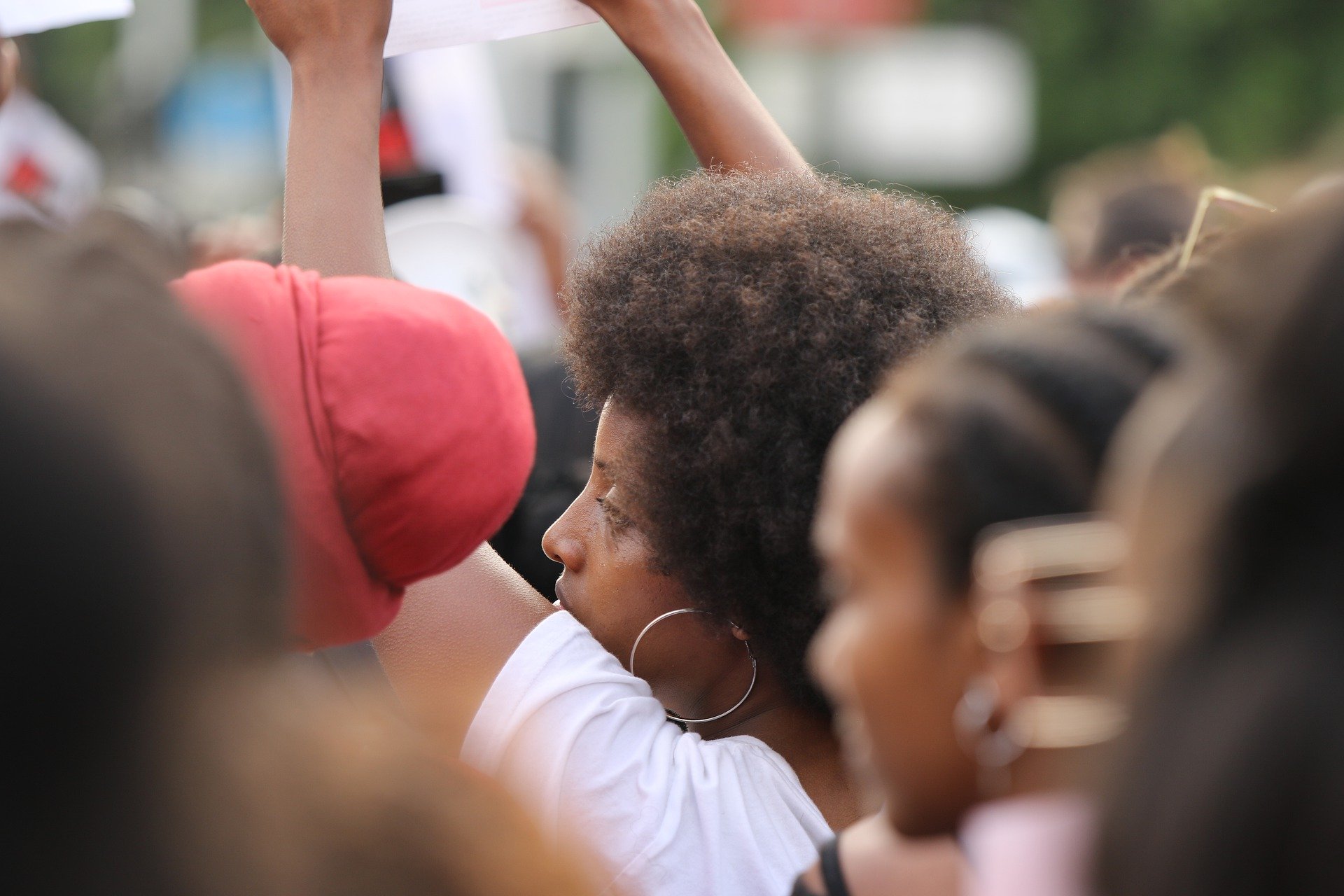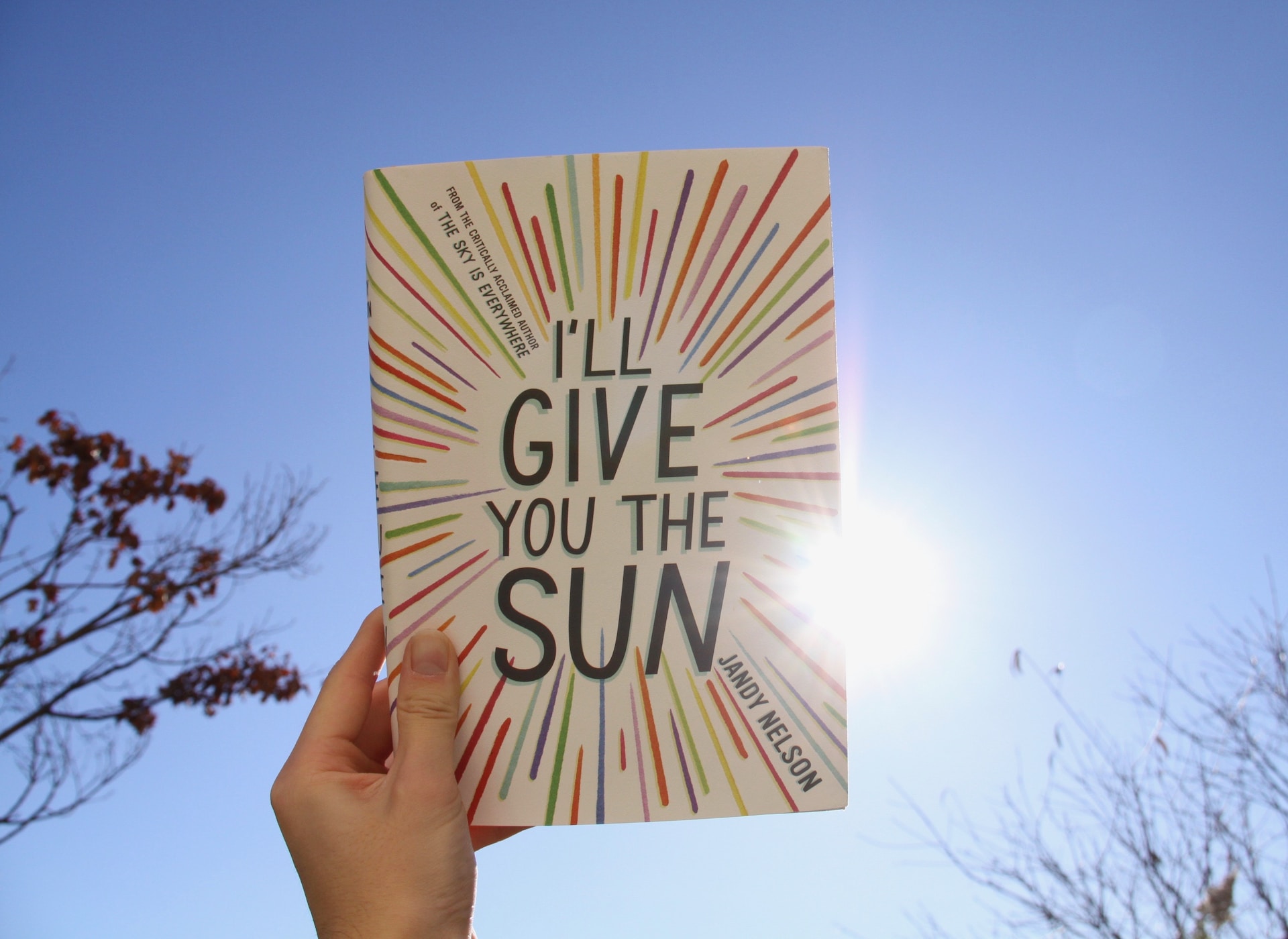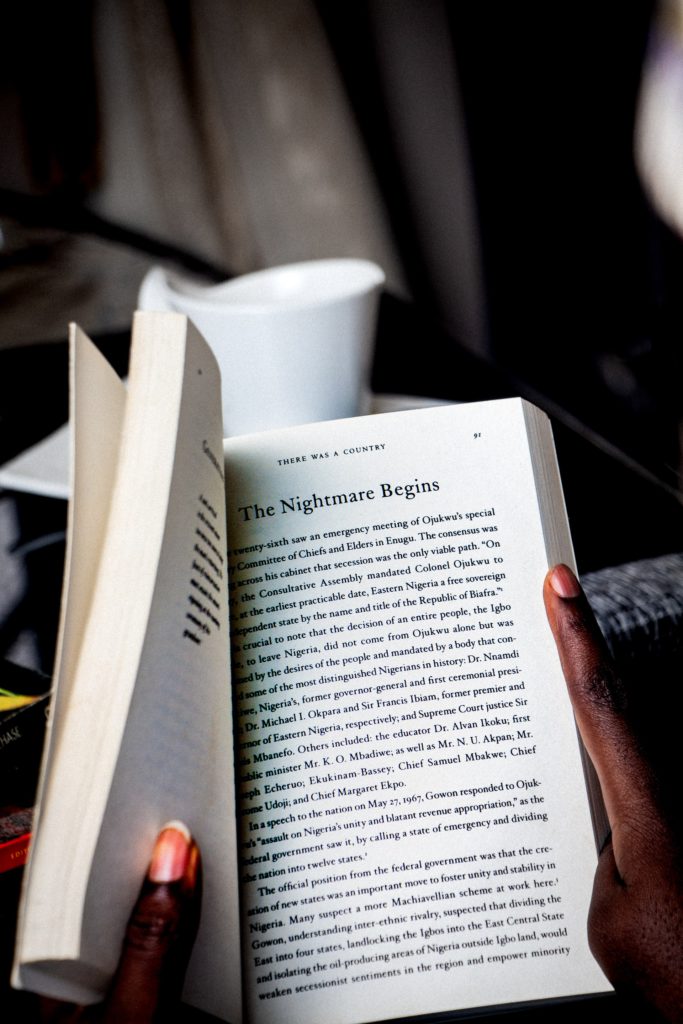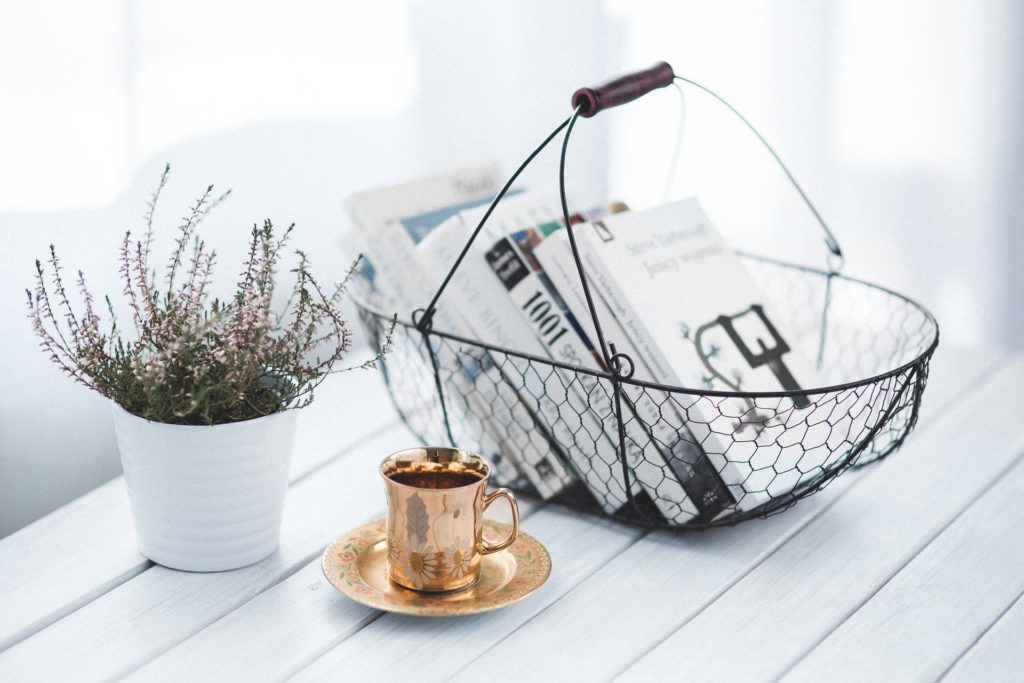Progress is the largely suppressed story of race and race relations over the past half-century. And thus it’s news that more than 40 percent of African Americans now consider themselves members of the middle class. Forty-two percent own their own homes, a figure that rises to 75 percent if we look just at black married couples. Black two-parent families earn only 13 percent less than those who are white. Almost a third of the black population lives in suburbia.
Black Women in 2020
In 2020, it is expected that the black population will reach 70 million people.
African American women were the first to embrace feminism in the 1970s and it became an integral part of their life.
As a black woman, she stands as a symbol of strength, courage, and power in spite of the challenges she has encountered as a black woman.
The number of black women receiving college degrees skyrocketed after World War II and the Civil Rights Act of 1964 established a clear path to equality.
African American women are more than likely to have bachelor’s degrees than for any other group in the U.S.
In 2020, more than 40% of all black women will have attended some college.
Contrary to popular belief, women are becoming leads in the black community.
Black women are very much a part of history and make it happen in their own unique way in the society.
On the other hand, more than 80 percent of white adults had a high school diploma in 1960.
African Americans comprise 40% of the new college students.
By 2020, more than 70% if black women will be college graduates.
More black women live in an urban environment.
The growing number of African American entrepreneurs is an indication that black women continue to be active and productive members of the respectable and progressive society.
African American women are working in the professions.
Over 10,000 black women presided over the black church in the late 1980s.
The number of black women who lead congregations is expected to rise to 30,000 by 2020.
We are moving into a closer society and there will be more and more shared bonds of understanding. Those who want to dominate and control have little or no chance to succeed. Their attacks will be met by the growing knowledge, strength, and unity of society. It will be an effective tool for the establishment of a new world order.
“The collective impact that the challenges of economic restructuring, globalization, and rapid technological developments, have placed on the traditional work roles of black men and black women.”
A new world will see a 6% increase in the senior population. The growth in the black population will double due to immigration, but the white population will see a 10% increase due to fertility.
“Younger black women have far fewer children on average than older black women.”
“Today, 44 percent of black children live in poverty compared to poverty in 1999, when 12.3 percent of black children lived below the poverty line.”
From 1972 to 1995, the incomes of black males in the middle fifth of the income distribution grew at a rate of 102 percent, while the incomes of white males in the same group grew by 86 percent, placing them only 6 percentage points higher than African Americans as a group.
Even though black women take home less income in comparison to their white counterparts, their family income has been rising rapidly. Black women have been contributing significantly to the improved family incomes of African American neighborhoods. These findings are extremely relevant in terms of understanding how to address persistent problems in black urban communities. Black women represent a significant reproductive shock to the race-gender-class structure of black families and to the economic structure of the larger society.
In 2000, black men between the ages of 25-29 outnumbered black women in this age group by more than 300,000.
The difference between the number of black men and women has been growing since the 1950s, because black men have higher rates of early death and incarceration than white men. Black females have also gone into college at higher rates; the result is that there are now 110 males enrolled for every 100 females in public colleges and universities.
“The female-male ratio in college attainment for black Americans increased from 85 males per 100 females in 1969 to about 112 in 1990 to 121 in 2000.”
In 1980, the ratio of male to female college graduates among blacks was 75 percent to 25 percent; while white men earned 85 percent of the college degrees awarded to white women, black men earned only 73 percent of the degrees awarded to black women.
The high number of college degrees being earned by black women means that employers have been forced to seek out other characteristics in order to discriminate against African American women.
“The black-white wage gap for high school graduates is larger by gender than by race.”
In the past two decades the pay gap between black and white women with a college degree increased by nearly one-third.
In the 1960s, black women earned more than white women.
The pay gap between white men and black women narrowed quickly in the 1970s during the initial period of legal discrimination against women in the workplace.
The average incomes of black female college graduates fell from 54 percent of white male college graduates in 1970 to 43 percent by 2000, even though the wages of black males in this same group rose significantly during those two decades. Academic credentials were no longer sufficient to sustain the relative status of black women in the labor market.
Black women had an average family income of about $40,000 compared to the national average of $68,000 at the beginning of the 21st century.
From 1970 to 1995, black women’s incomes increased by 45 percent after adjusting for inflation, while those of white women increased by approximately 50 percent, and those of both black or white men by approximately 15 percent.
My Dear Queen by Lawrence Carroll
This product was recommended by Lawrence Carroll from Dog And A Duck
My Dear Queen because it encourages young girls and women of color to celebrate, accept and embrace the beauty of their natural hair. My Dear Queen is a short poem intended for readers of all ages with compelling illustrations that add a layer of visual emotion to help the reader imagine themselves being the recipient of the words in the poem. My Dear Queen is suitable for all audiences and can be used as a tool to invoke conversations centered around the personal hair journey and the importance of relationships black women have with their hair.
The Hate U Give by Angie Thomas
This product was recommended by Jeremy Ong from HUSTLR
Reading this book makes you experience different confused emotions in each part of it. The struggle between choosing right or wrong, the fear you feel when you decide to do something will have an unforgettable impact on your life and even on others’ lives. Moreover, this book shows baldly that we as human beings might want to change things we don’t choose to born with just to make others accept and love us. I highly recommend this book, it will help you to understand human nature more and more!
21 Days to a Big Idea by Bryan Mattimore
This product was recommended by Bryan Mattimore from Growth Engine Innovation Agency
Many, successful black female executives are now looking to create their own businesses… but may not yet have conceived of their “big idea.” The book 21 Days to a Big Idea empowers black females to learn and apply a proven twenty-one-day process that enables them to invent and develop their breakthrough idea for a new product, service or business. 21 Days to a Big Idea includes more than two dozen idea-creation techniques and processes that have led to the creation of over $3 Billion in successful new products and services for Fortune 500 companies and entrepreneurs.
Thick by Tressie McMillan Cottom
This product was recommended by Samantha Moss from Romantific
This is named as a “black woman’s cultural bible”. It contains a series of essays about money, beauty, body positivity, racism and so much more. It is a book of self-awareness and accepting yourself despite being in a racist world. This book is brilliant because it allows the readers to deeply understand power holding things related to the structural racism that white individuals would label as anomalies. A paperback book that costs $11.39 is a good read and will surely boost your confidence in dealing with your everyday struggles.
Year of Yes by Shonda Rhimes
This product was recommended by Sonya Schwartz from Her Norm
The producer of the hit series How to Get Away With Murder, Scandal and maker of the accalimed medical hit series Grey’s Anatomy shed light to her journey to success in a poignant story telling and hilarious experiences that led to her success and failures. Becoming famous and acclaimed was not her thing, she even quivers from social gatherings and distances herself to the limelight. But when her sister told her that she never says yes to anything, she felt struck by lightning and changed her perspective and found glory when ahe started opening up and learned the importance of the word yes. This book helped women around the globe into making a name for themselves.
HOPE for the Alzheimer’s Journey by Carol B. Amos
This product was recommended by Carol B. Amos from CarolBAmos
“H.O.P.E. for the Alzheimer’s Journey” was written by caregiver Carol B. Amos to empower, educate and encourage other caregivers. Alzheimer’s disease impacts the Black community twice as much as the White community. Two-thirds of caregivers are women. H.O.P.E. helps caregivers to understand the disease and navigate the journey by providing tips, tools, advice, and inspiration. Caregivers can relate to Carol’s personal caregiving experiences often shared through original email communications. H.O.P.E also introduces The Caregiving Principle® a caregiving framework that provides a deeper understanding of a person living with dementia. H.O.P.E. empowers caregivers resulting in a less stressful, more rewarding journey.
The Goddess Black Woman by Akil
This product was recommended by Shia Joyner from Zen & Boujee
This book is the blueprint of self-love and self-respect that every woman of color should read. It’s loaded with gems of knowledge to uplift your soul and bring calmness to the chatter in your mind.














